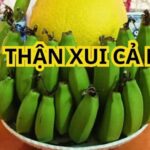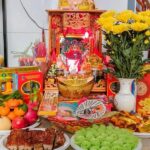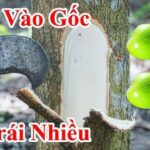Unraveling the Superstition Behind the Fear of Ages 49 and 53 in Folk Culture
In folk belief, ages 49 and 53 have long been considered “unlucky ages,” associated with unfortunate years such as the three-year cycle of bad luck, or “tam tai,” and “kim lâu,” a period of spiritual transition. It is believed that during these ages, one is more prone to experiencing life-changing events such as illnesses, accidents, family disputes, or career setbacks.
This fear stems from a combination of spiritual beliefs and practical experiences. According to Taoist philosophy, age 49 marks a significant physical and spiritual transformation, coinciding with cosmic cycles. In Buddhism, the 49 days after death is a pivotal period for the soul’s reincarnation, adding to the spiritual significance and fear associated with the number 49.
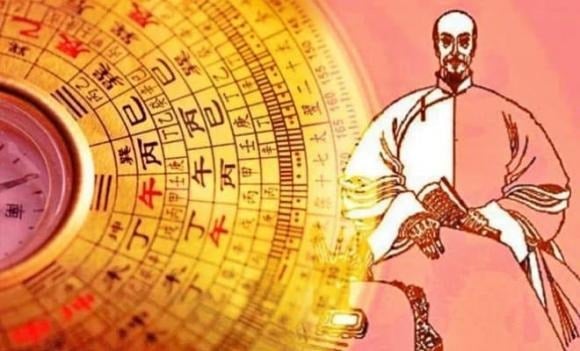
Additionally, these ages sometimes coincide with other unlucky periods in the lunar calendar, such as “tam tai,” further increasing anxiety. Past generations have also witnessed a higher incidence of health issues or accidents among those reaching these ages, which may be mere coincidences due to aging but contribute to the overall perception of these ages as unlucky.
It is the intersection of spiritual beliefs and life experiences that has shaped the unique apprehension towards these ages in the Vietnamese psyche.
Ages 49 and 53 Through a Scientific Lens: Is It Truly Unlucky?
Modern medicine and psychology regard the ages of 49–53 as a crucial transitional phase, characterized by significant physical and mental changes. This period often coincides with the onset of a “midlife crisis,” leading to heightened stress, anxiety, and even a sense of lost direction in life.
Physiologically, women enter perimenopause, while men experience a decrease in testosterone, increasing the risk of cardiovascular diseases, diabetes, bone and joint issues, and psychological disorders. Individuals in this age group also typically face societal pressures, such as caring for aging parents and grown children, and work-related competition, which can take a toll on their health.
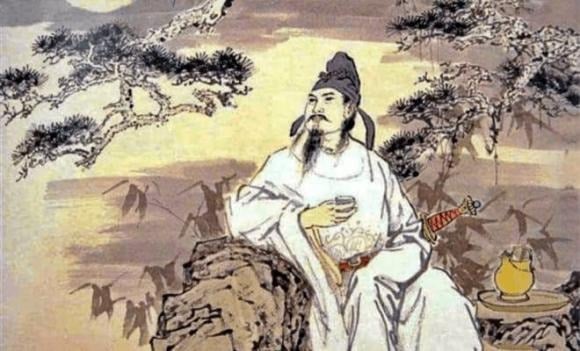
However, not everyone approaching ages 49 or 53 will encounter misfortune. Adopting a healthy lifestyle, maintaining a positive mindset, and proactively taking care of one’s health can help navigate through these ages smoothly. The fear becomes detrimental only when it dominates our thoughts and actions.
Strategies to Navigate the “Unlucky Ages” of 49 and 53:
Maintain a healthy lifestyle: Practice moderate eating habits, engage in light exercises, ensure adequate sleep, and undergo regular health check-ups.
Engage in charitable acts and live compassionately: Folk belief suggests that accumulating good deeds and helping others can offset potential bad luck.
Foster a positive mindset: Activities like meditation, reading, and sharing thoughts with loved ones can promote mental peace and prevent negative thinking.
Ages 49 and 53 are not “deadly milestones” but rather periods that call for a slower pace of life and increased self-care. By adopting a scientific perspective, coupled with kindness and optimism, anyone can navigate through these ages calmly and resiliently.
Is it Appropriate to Combine Two Bunches of Bananas for Ancestor Worship and Offering?
Introducing a delicate dilemma that delves into the cultural and spiritual traditions of the Vietnamese: Should two small bunches of bananas be combined and offered on the ancestral altar? This query, though seemingly simple, peels back layers of cultural significance and spiritual practice, revealing the intricate nuances of Vietnamese reverence.
The First Day of the Lunar New Year: Burning Incense and the Quick Removal of This Item From Your Ancestral Altar to Preserve Prosperity.
The first day of every lunar month holds immense significance in Vietnamese spiritual customs, marking the commencement of a new cycle. Offering incense and prayers on this day isn’t merely a token of respect to one’s ancestors and deities but also a plea for peace, prosperity, and good fortune for the entire month ahead.
The Ancient’s Advice: Why Abstain from Burning Incense on the Night of the 1st and 15th? Optimal Timing for Incense Offering.
Incense burning is an integral part of Vietnamese spiritual rituals, especially on the first and fifteenth day of the lunar month, as well as during festivals and holidays. However, there is a longstanding tradition of refraining from burning incense in the evening, and specific timings are recommended for this practice.
























